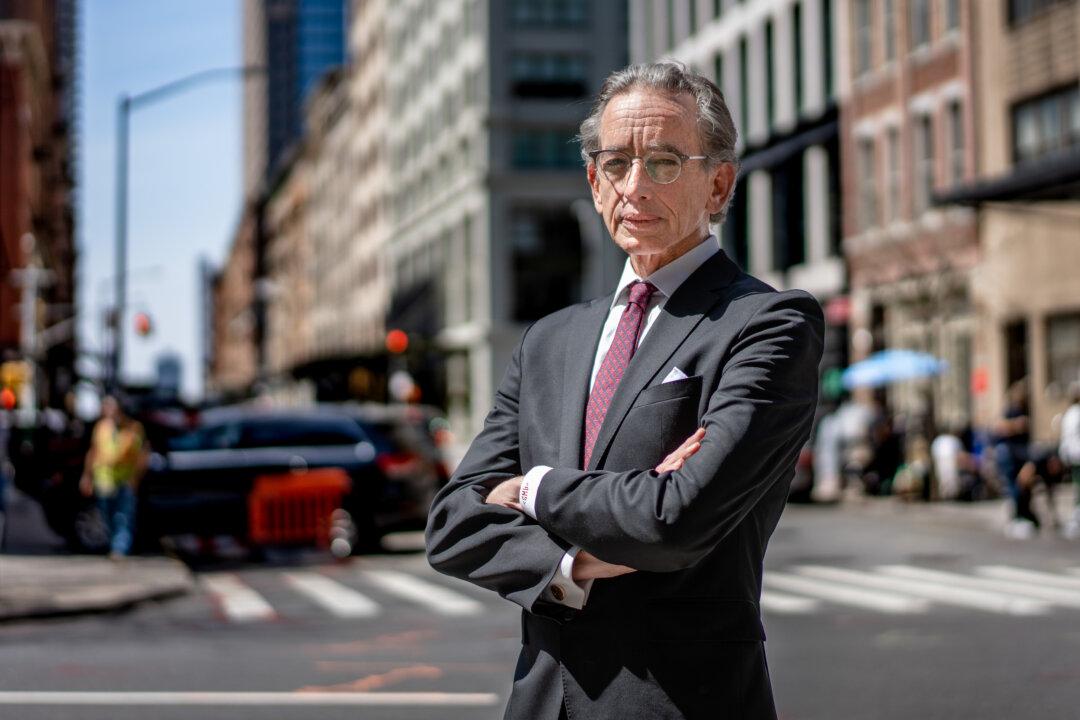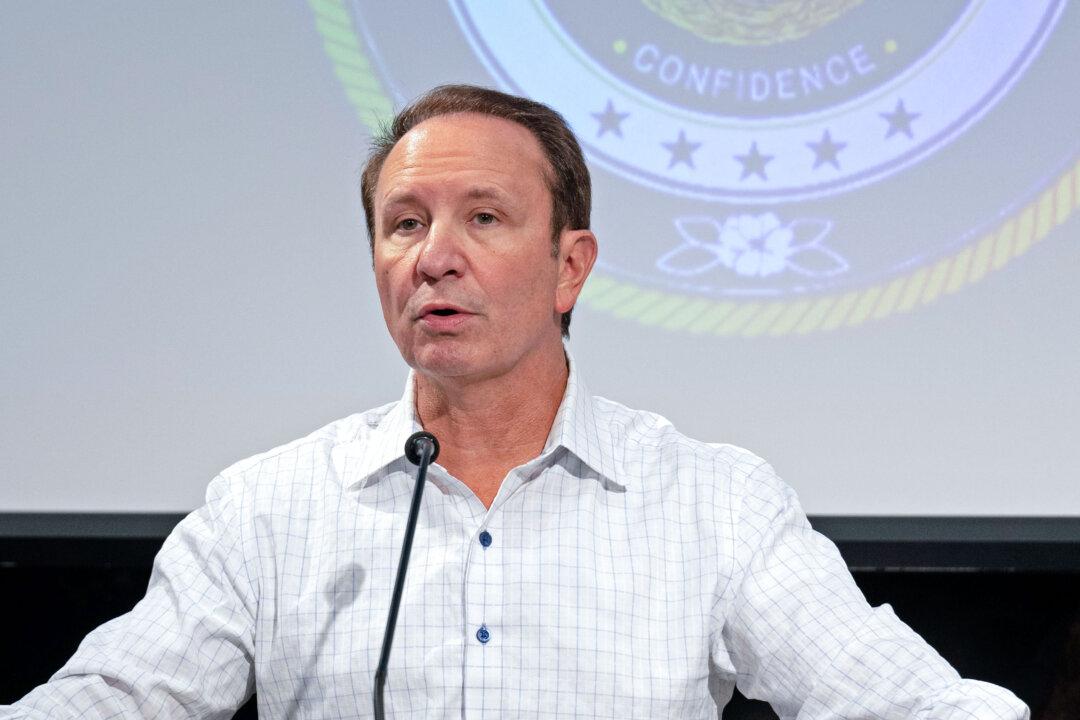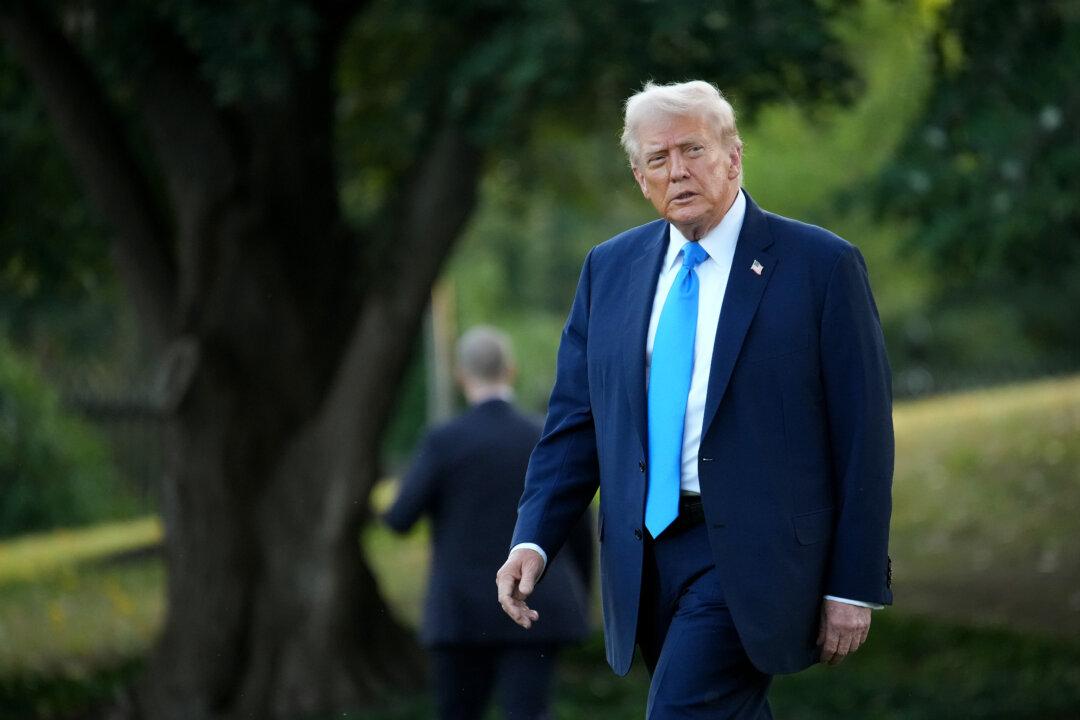An April 7 decision issued by the District of Columbia Court of Appeals may jeopardize a key legal backing used by the Department of Justice (DOJ) to prosecute participants in the Jan. 6, 2021, Capitol breach, according to attorney Albert Watkins.
“What this opinion did do was, it practically begged for other [Jan. 6] cases to be brought up to the Court of Appeals that would permit a more balanced opinion,” Watkins, who has represented four Jan. 6 defendants, including released prisoner Jacob Chansley, told The Epoch Times on April 11.





